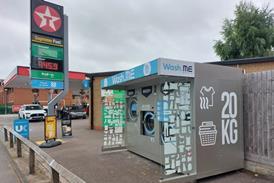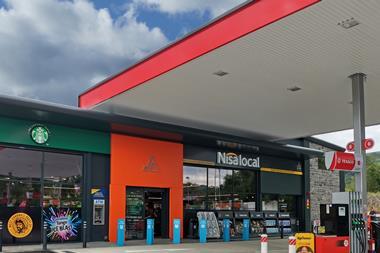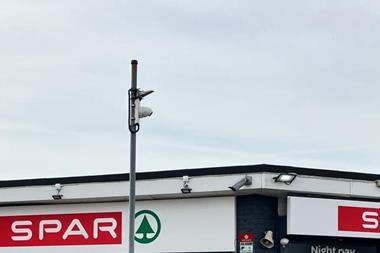Demand for alternatively fuelled cars fell for the first time in 26 months in June as the overall market fell for the fourth consecutive month, according to the Society of Motor Manufacturers and Traders (SMMT).
UK new car registrations were down 4.9% to 223,421 units, taking the half year total to 1,269,245, a fall of 3.4% on the same period a year ago.
Petrol and battery electric registrations were up 3.0% and 61.7% respectively, but this was not enough to offset a 20.5% decline of diesel, which fell for the 27th month in a row.
Sales of plug-in hybrids also nose-dived, falling by 50.4%, while hybrids also fell by 4.7%, and this tipped the overall alternatively fuelled vehicle (AFV) sector into negative territory for the first time since April 2017.
AFV registrations – comprising battery electric vehicles (BEV), plug-in hybrid electric vehicles (PHEV) and hybrid electric vehicles (HEV) – declined 11.8% to 13,314 units in June.
SMMT chief executive Mike Hawes commented: “Another month of decline is worrying but the fact that sales of alternatively fuelled cars are going into reverse is a grave concern. Manufacturers have invested billions to bring these vehicles to market but their efforts are now being undermined by confusing policies and the premature removal of purchase incentives.
“If we are to see widespread uptake of these vehicles, which are an essential part of a smooth transition to zero emission transport, we need world-class, long-term incentives and substantial investment in infrastructure.
“Fleet renewal remains the quickest way to address environmental concerns today and consumers should have the confidence – and support – to choose the new car that best meets their driving needs, whatever the technology, secure in the knowledge that it is safer and cleaner than ever before.”
Sue Robinson, director of the National Franchised Dealers Association (NFDA), which represents franchised car and commercial vehicle retailers in the UK, commented: “It is disappointing to see demand for alternative fuel vehicles decline, but it is positive that sales of pure electric vehicles maintained their positive trend despite significant supply constraints. Franchised dealers are making significant investments to be able to educate their customers and provide them with the best possible experience in this developing area of the market.
“The decline in fleet registrations is largely due to the confusion surrounding the Government’s company car tax regime. It is important that the Government addresses the negative impact the current tax regime is having on company cars.
“As uncertainty continues to have an effect on new car sales, used and nearly new cars, as well as aftersales, remain key areas of focus for franchised retailers.”
































No comments yet